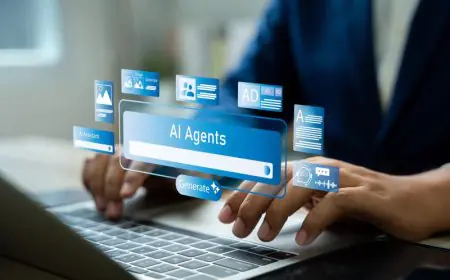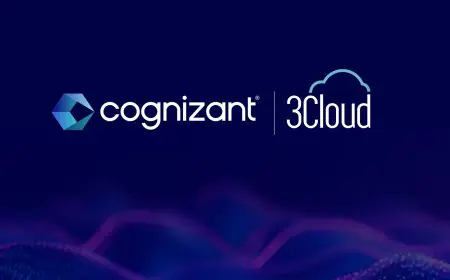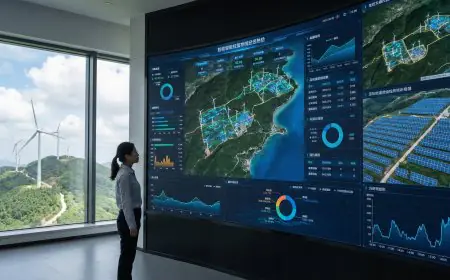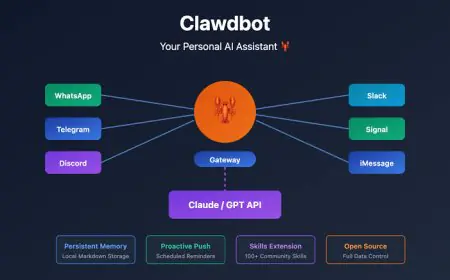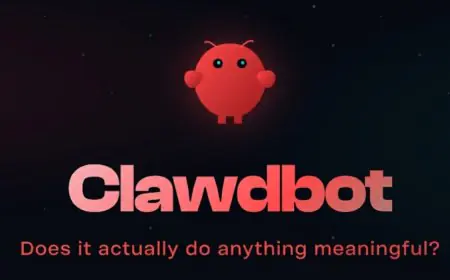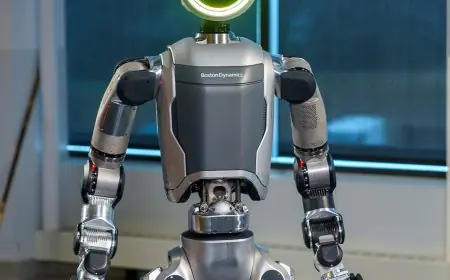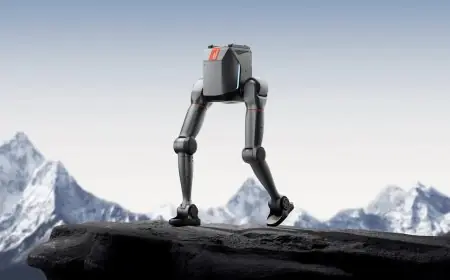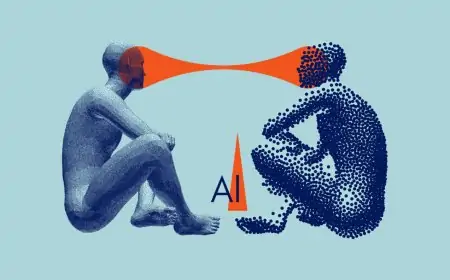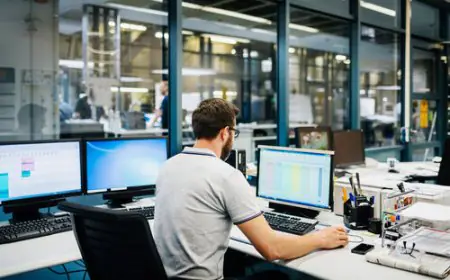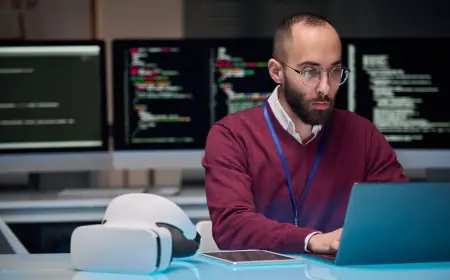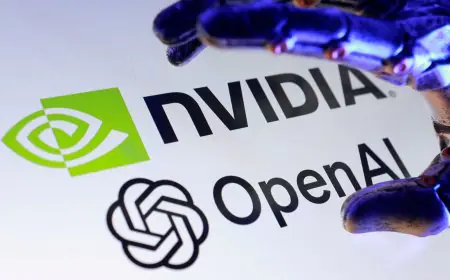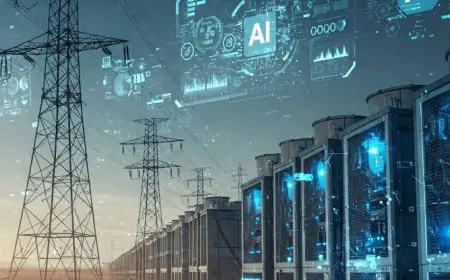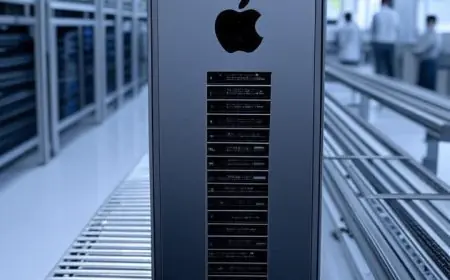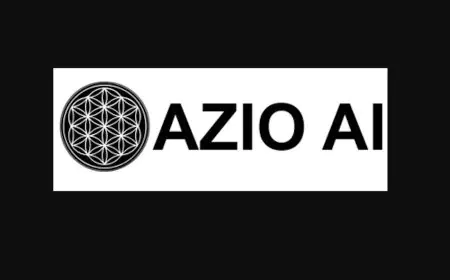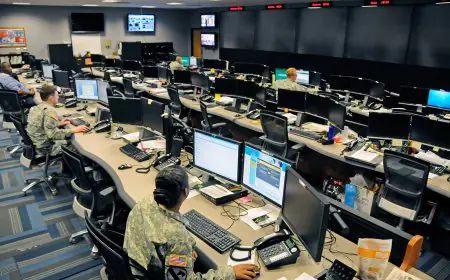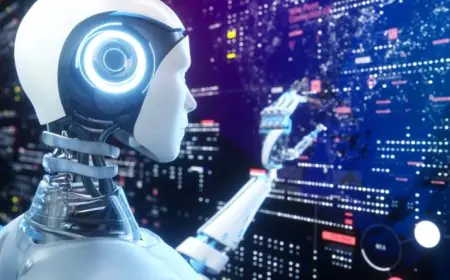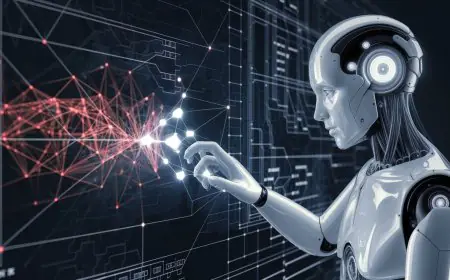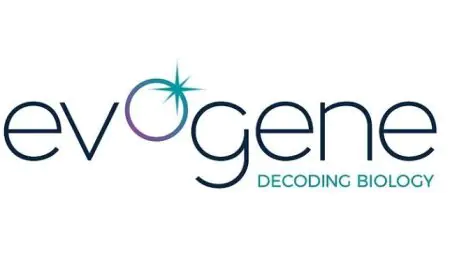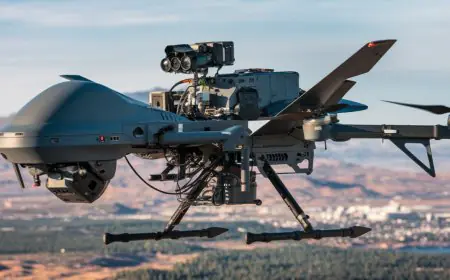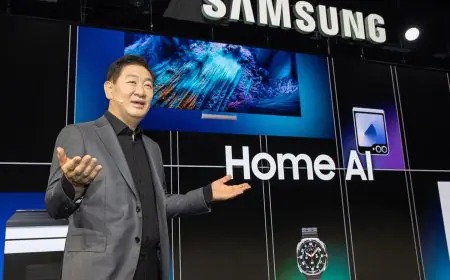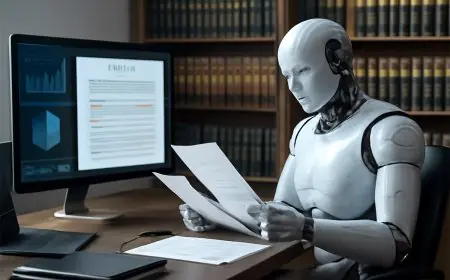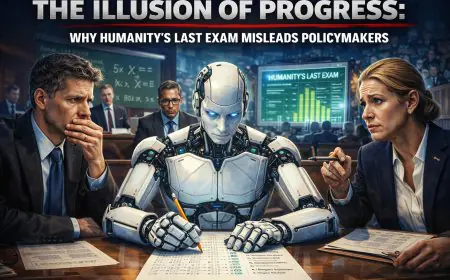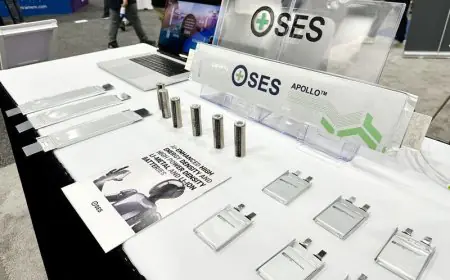Mind-Blowing Findings: Could Generative AI Be Eroding Our Ability to Think Critically?
The study shows that total trust in generative AI may lead to a decline in critical thinking abilities among knowledge workers.

Critical thinking is a primary skill often associated with humans. However recent research from Microsoft Research and Carnegie Mellon University revealed potential issues faced by knowledge workers when using generative AI tools like Copilot and ChatGPT. The research team surveyed 319 knowledge workers who use generative AI weekly, exploring how they applied critical thinking while using AI tools.
According to the findings, workers who are confident in their tasks are more likely to engage in critical thinking, compared to individuals who lack confidence in their tasks and often consider the responses from generative AI to be sufficient. Also, less confident workers are less likely to engage in further contemplation. This phenomenon has raised concerns among researchers and AI enthusiasts, who point out that over-reliance on AI tools could cause a decline in critical thinking abilities.
The study explains, "Trust in AI is associated with reduced efforts in critical thinking, while confidence is related to enhanced critical thinking." This suggests that when designing enterprise AI tools, it is important to consider how to balance both factors.
In addition, the researchers recommend that AI tools should include mechanisms that support long-term skill development. This will encourage users to engage in reflective thinking when interacting with AI-generated outputs. The researchers emphasized that how AI reaches conclusions is not good enough. Well-designed AI tools should actively promote users' critical thinking through proactive design strategies and the necessary assistance. The researchers further emphasize that knowledge workers should apply critical thinking in their daily work to validate AI outputs, rather than over-relying on AI.
More AI tools are being created to act and perform like humans, but the study stresses that as AI increasingly integrates into our work environment, knowledge workers need to maintain certain skills in information gathering and problem-solving to prevent over-dependence on AI. Workers are encouraged to undergo training to develop skills in information verification, answer integration, and task management.
The research paper is set to be presented at the 2025 Human-Computer Interaction Conference, with the research team hoping to raise widespread awareness of the impacts of generative AI, especially with the threat it poses to critical thinking.
